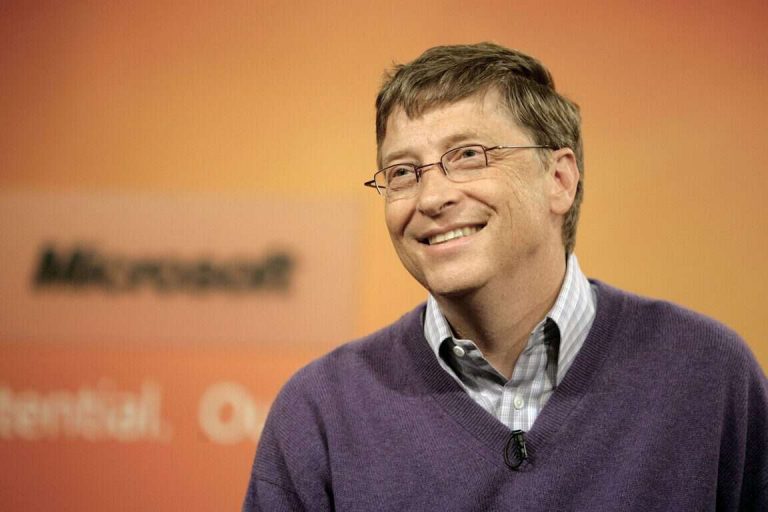Microsoft founder Bill Gates recently took to Reddit to participate in an AmA (Ask me Anything.) These commonplace events on Reddit have an individual or team of individuals devote an hour or two of their time to fielding questions from the Reddit community, in subjects ranging from favorite foods to deep philosophy. As you might imagine, people had a lot of interesting things to ask Gates, and he most certainly had quite a few interesting answers. Here’s a selection of our favorite exchanges from the AmA:
Playing hookie
/u/lazyLizardKing: “What’s your fondest memory at Harvard?”
Gates: I decided that I would be different and never attend any class I was signed up for but always attend a class I wasn’t signed up for. This worked out in a funny way when the final exam for a Combinatorics class (which I signed up for) was given at the same table as my Brain studies class (which I attended and did not sign up for). My friends from Brain studies thought it was very strange that I sat on the wrong side of the table and took the Combinatorics exam even when I was the most vocal student in the Brain class.
/u/standig_wordgang: How did this even work? You passed the classes you didn’t attend?
Gates: I studied super hard during reading period and almost always got A’s. The big exception was organic chemistry where the promised videotapes of the lectures sometimes had no sound or no video – that spooked me and I ended up getting a C+ in the course!
Artificial Intelligence
/u/TeaTrousers: Some people (Elon Musk, Stephen Hawking, etc) have come out in favor of regulating Artificial Intelligence before it is too late. What is your stance on the issue, and do you think humanity will ever reach a point where we won’t be able to control our own artificially intelligent designs?
Gates: I haven’t seen any concrete proposal on how you would do the regulation. I think it is worth discussing because I share the view of Musk and Hawking that when a few people control a platform with extreme intelligence it creates dangers in terms of power and eventually control.
Quantum Computing
/u/Bejoty: Mr. Gates! How soon do you think quantum computing will catch on, and what do you think about the future of cryptography if it does? Thanks!
Gates: Microsoft and others are working on quantum computing. It isn’t clear when it will work or become mainstream. There is a chance that within 6-10 years that cloud computing will offer super-computation by using quantum. It could help use solve some very important science problems including materials and catalyst design.
Possible future of Windows
/u/indigestible_wad: Hi Bill! You began Microsoft with the easy goal of putting a computer in every home. If you were to start all over today, what would your goal be instead?
Gates: I think it looks easier in retrospect than it did at the time. People thought we were a bit crazy – even leaders in the industry like Ken Olsen said they didn’t need a computer at home. Being young allowed us to think about computers in a different way.
Today the challenge is to make computers more intelligent. Software still doesn’t understand what thing I should pay attention to next – in fact the proliferation of various tools like texting and email and notifications mean the user has a lot of complexity to deal with. Eventually the software will understand what you should pay attention to by knowing the context and learning about your preferences.
Minesweeper high score
/u/gibeaut: What’s your fastest time in expert minesweeper without editing the .ini file?
Gates: Sometimes you just get very lucky based on the configuration. I forget the exact time but I think I had a time below 10 when it was just right.
Feel free to dig through the rest of the AmA for more responses from Gates and discussion among other users. Gates stuck around and answered quite a few more questions than is standard for AmA’s, and there’s a pretty large selection to read for people who are curious what the tech legend thinks about the state of computing in the modern day.


